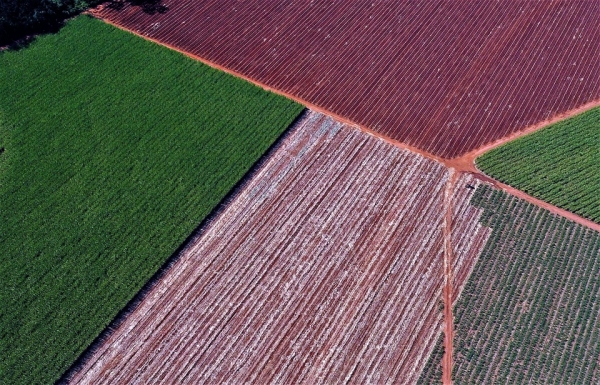Here’s a tip for landowners looking to limit emissions of the potent greenhouse gas methane: consider the moisture in your soil.
Here’s a tip for landowners looking to limit emissions of the potent greenhouse gas methane: consider the moisture in your soil.
New University of Guelph research connects the amount of methane released from soil or locked in the ground with how wet the earth is. Basically, the wetter the soil, the higher the methane emissions, says Dr. Tolulope Mafa-Attoye, one of two post-doctoral researchers in U of G’s School of Environmental Sciences (SES) who co-authored the study.
Their research, published in Science of the Total Environment, points to ways that farmers can harness two kinds of naturally occurring soil microbes to limit greenhouse gas emissions.
The study may be especially useful for farmers in managing and designing riparian (river or stream) buffer zones on their property.
Read more at University of Guelph
Photo Credit: Silao via Pixabay




